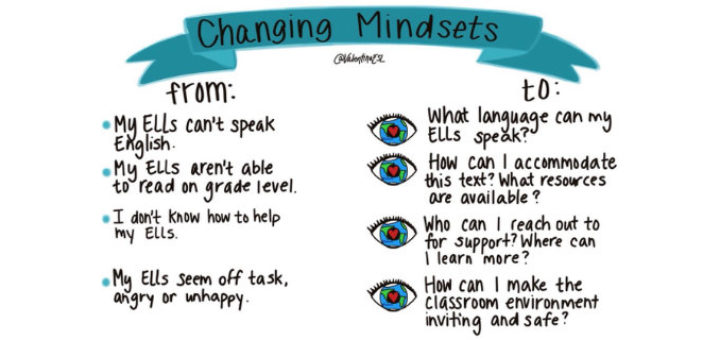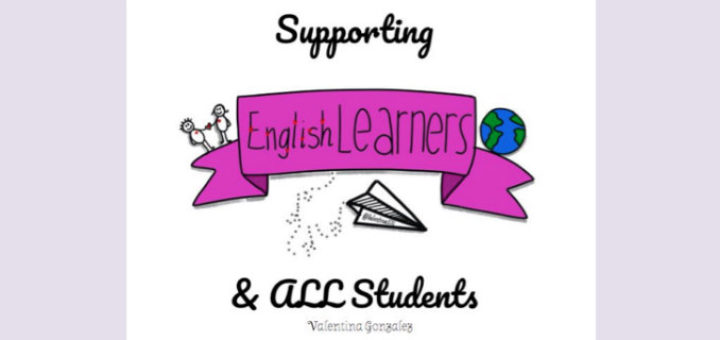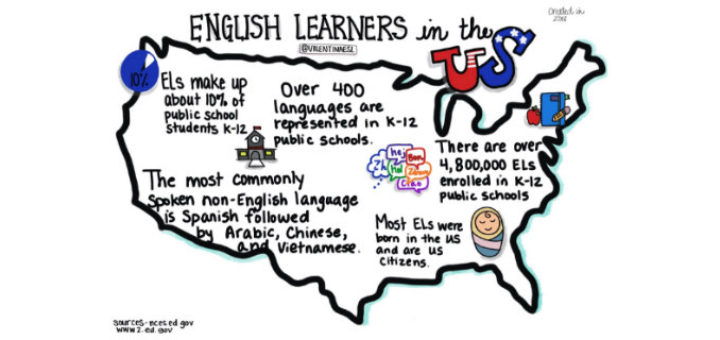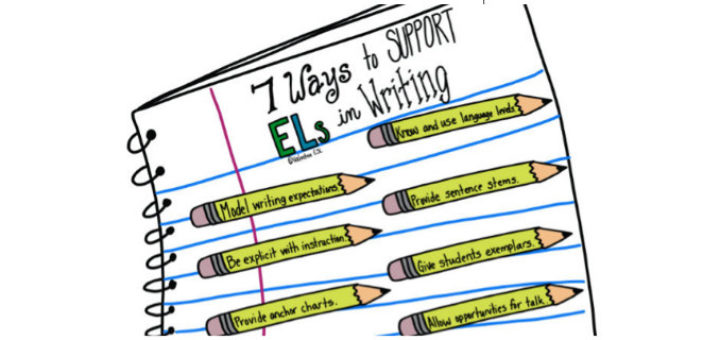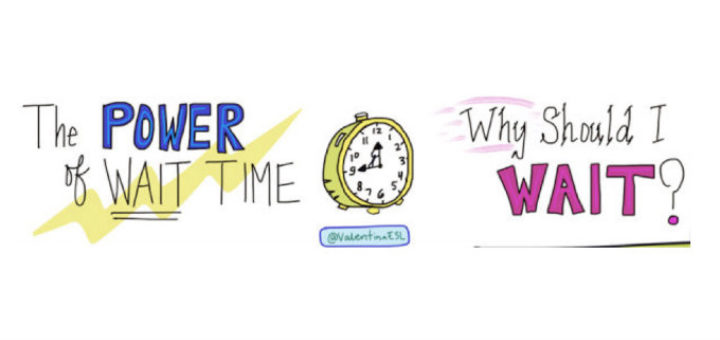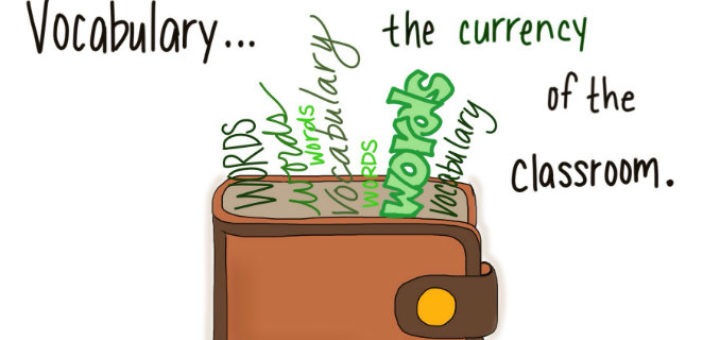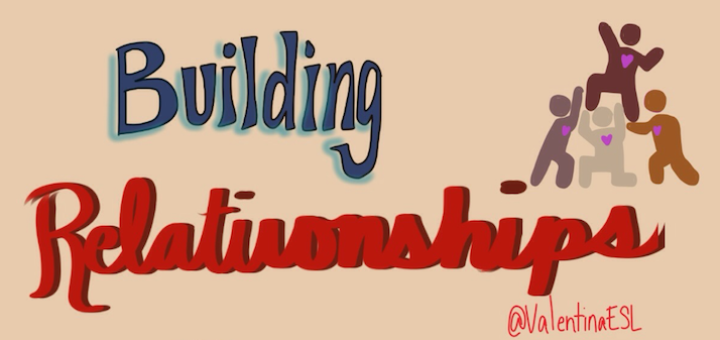Category: The Unstoppable ML Teacher
Short animated videos are excellent for supporting literacy skills while making learning fun. For English learners they can serve as a scaffold when studying story elements. Valentina Gonzalez shares a multi-day video plan and lots of films, including some award winners.
The phrase “student assets” is heard a lot in education circles. But what does it truly mean to take on an assets based teaching mindset? What does that look like in our classrooms and lesson plans? ELL expert Valentina Gonzalez shares strategies to make it real.
Your English learners need some extra scaffolds and supports to level the playing field. They are learning a new language while navigating content at the same time. EL specialist Valentina Gonzalez highlights 18 ways that you can help support them in their journey.
Valentina Gonzalez steps into the shoes of middle grades English learners to reveal how they experience a new school year and how teachers can help them meet the unique combination they face: language learning, cultural shifts, and the emotional journey of adolescence.
One way to counter summer slide is to provide easily accessible books. Public libraries are great but many kids can’t get to them. Valentina Gonzalez describes the challenges facing ELLs and other kids and suggests ways to make school libraries available over the break.
English learners are relying on teachers to help them quickly advance in language proficiency, says specialist Valentina Gonzalez, and writing is a life skill that can deepen learning in every curriculum. She shares 7 ways to build the writing competencies of ELLs now.
How can something as simple as Wait Time have such an incredible impact? It’s the difference between a student, especially an ELL, fully being engaged and participating, and a student becoming frustrated and checking out, writes teaching specialist Valentina Gonzalez.
To create classrooms where vocabulary learning thrives, Valentina Gonzalez recommends an interactive word wall – a large graphic organizer displaying critical vocabulary with related ideas and visuals added by students. Great across subjects, for ELLs and everyone else!
Middle grades English language learners and especially new immigrants can feel vulnerable in the classroom. How can teachers build relationships with our ELLs to help them feel safe and more open to learning? ELL specialist Valentina Gonzalez shares five proven techniques.
Frequent academic conversation supports learning for all students, and especially ELLs. PD specialist Valentina Gonzalez offers strategies to help teachers avoid ineffective practices and remove barriers to meaningful student-to-student and student-to-teacher dialogue.


